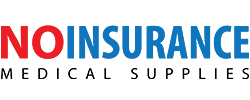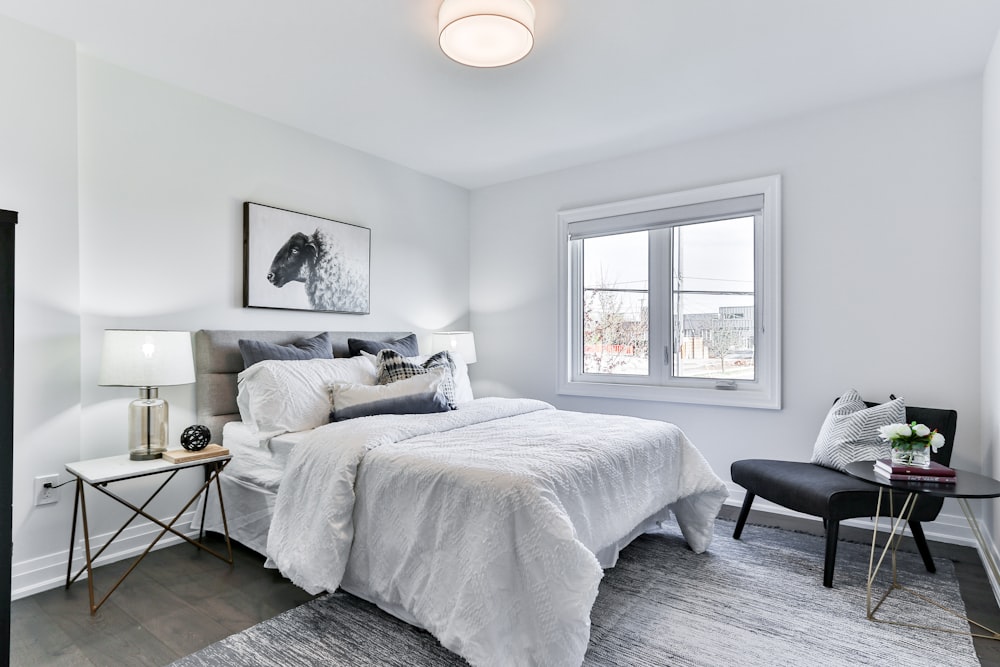For many people, wearing a CPAP mask at night is a bit of an adjustment. You may not be used to the feel of the mask against your face, and this can make it harder to fall asleep — the exact opposite of what you want to happen when sleep apnea already wakes you up throughout the night.
While wearing a CPAP mask may feel unusual, or even a little uncomfortable at first, it is essential for helping you get the uninterrupted sleep you deserve. The following tips will make it easier to fall asleep quickly, even while wearing a CPAP mask. This way, you can get plenty of rest and feel better about wearing your mask to bed.
1. Practice Wearing Your CPAP Mask During the Day

For many, trouble falling asleep while wearing a CPAP mask simply comes down to the fact that they aren’t used to it yet. As the cliche goes, “practice makes perfect.” As you wear your CPAP mask night after night, you will get used to how it feels, and soon, it won’t bother you at all.
For those first few days when you are still adjusting to your mask, however, it can be helpful to practice wearing it during the day. Simply put the mask on while doing a stationary activity, like reading or watching television. This will gradually desensitize you to wearing a mask so that it won’t feel so unusual when you put it on at night.
2. Ensure a Comfortable Fit
Adjusting your mask so that it will fit comfortably is key to getting a good night’s rest. CPAP masks should be snug, but not overly tight. If the mask is too tight, it will apply uncomfortable pressure that leads to skin irritation. On the other hand, masks that are too loose allow air to escape and potentially blow into your eyes.
Make minor adjustments to the straps to see how the mask feels against your face, both while standing in front of a mirror and after you lay down. This will ensure the mask is properly fitted to the unique contours of your face.
You should also make sure you have the right style of mask for your breathing needs and comfort preferences. Those who breathe through their mouth during sleep should always use a full face mask. If you breathe through your nose and find that a large bulky mask feels claustrophobic, a nasal mask or nasal pillows will be better suited for your needs.
3. Improve the Bedroom Environment
A good sleep environment will help you fall asleep quickly, regardless of whether you’re wearing a CPAP mask. Comfortable bedding is an obvious need, but the rest of the bedroom is also worth examining.
The bedroom should be kept dark, quiet, and cool. Some people benefit from blackout curtains that block unwanted sources of light. Smartphones should always be put away in the bedroom, as they emit blue light that makes it harder to fall asleep. If you have concerns about noise coming from other rooms keeping you awake, it may be helpful to use a white noise machine.
Keeping your bedroom clean can also make it easier to fall asleep. Stress and anxiety can keep you awake — and clutter can cause you to feel stressed (even subconsciously). A clean and organized bedroom will help you relax and fall asleep.
4. Practice Good Sleep Hygiene
Your bedtime routine will make a big difference on your ability to fall asleep quickly. Soothing, relaxing activities will help you enter the right state of mind for drifting off to sleep. Reading a book or watching TV are generally considered good wind-down activities.
A hot shower or bath can be especially conducive to good sleep, as this makes it easier for your body to cool off in preparation for bed (the increase and then decrease in body temperature helps you feel drowsy). Stretching, yoga, and breathing exercises can help soothe the body and mind and put you in a calm, ready-for-sleep state.
Knowing what to avoid before bedtime can also help you sleep better. For example, you should avoid stimulants such as caffeine, as well as alcoholic beverages. While regular exercise can help you sleep better, you should avoid exercising in the two to three hours before bed, as the increase in adrenalin can make it harder to sleep. Similarly, avoid eating a big meal shortly before bed, as the digestive process will keep you up at night.
Fall Asleep Faster Than Ever
Even with a CPAP mask, you can fall asleep quickly instead of lying in bed tossing and turning. Perhaps even more importantly, by using your CPAP equipment as recommended by a sleep specialist, you will enjoy higher-quality sleep that leaves you feeling rested and refreshed in the morning.
Of course, purchasing a CPAP mask and other needed equipment can be a source of financial stress, particularly if you don’t have insurance coverage for it. This is where No Insurance Medical Supplies comes in. With a wide selection of masks, machines, and more from leading brands like ResMed and Philips Respironics, we make it easy to find the equipment you need.
Most importantly, we offer many of these products at significant discounts off MSRP to make your therapy more affordable. Available financing and fast, affordable shipping ensures you get the treatment you need to sleep better at night. Place your order today so you can get the mask that will help you sleep great.

